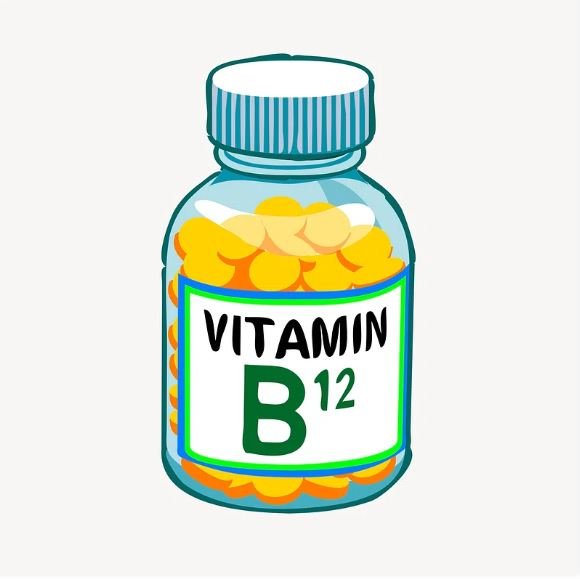Vitamins and minerals – How and when to consume them if you have diabetes?

Diabetes is a cunning and extremely dangerous disease that requires proper treatment and constant monitoring of the sick person’s health. The threat can be not only dietary sins and non-compliance with the rules of taking drugs prescribed by a doctor, but also looking for dietary supplements with vitamins and minerals, the excess of which in the body can be particularly harmful for diabetics.

Increasingly, they talk and write about the side effects of vitamin and mineral supplements. Unfortunately, the ill-considered use of supplements and their combination with pharmaceutical treatments is a global problem that causes a number of health problems. In particular, vitamin supplementation can prove very harmful for diabetics, causing not only unpleasant health problems, but can also affect the effectiveness of treatment.
When to supplement vitamins and minerals in diabetic people?
The decision about the need for vitamin and mineral supplements should always be made in consultation with a doctor who, after examining our health and performing the necessary laboratory tests, will determine if we have nutritional deficiencies and how they should be supplemented.
In most cases, a properly composed diet is sufficient, which is extremely important when treating diabetes. A diabetic diet not only helps prevent sudden drops or jumps in blood glucose levels, but also improves the general health of the sick person, providing the optimal amount of nutrients.
It should be remembered that in the case of diabetes and any other chronic disease, taking dietary supplements that do not need to be evaluated for their effectiveness and composition is potentially dangerous, however, it is worth noting that misinformation and lack of information are also dangerous. functional treatment by some health professionals, who do not see the complete picture that involves the improvement of the patient, such as, in addition to medical treatment, exercise, changing bad habits, good nutrition (knowing what to eat and how) and the emotional well-being of the patient.
Dietary supplements and their dangers without supervision.
Both type 1 and type 2 diabetes require constant medical supervision and a dietitian. With proper treatment and a properly compounded diet, vitamin and mineral supplementation is not necessary.
Using this type of product on our own can cause an overdose of vitamins and minerals, and also affect the appearance of various ailments, for example, of the nervous and digestive systems. In particular, it is dangerous to use fat-soluble vitamins, that is, vitamins A, D, E and K, which accumulate in the body and become toxic in excess.
A serious threat in the case of diabetics is the belief that supplements work on an equal footing with medications. In fact, they only serve to supplement the diet with basic nutrients and have no curative effect. Supplementation will not cure diabetes and cannot be a substitute for prescription drugs and a balanced, individually selected diet.
Don’t use supplements and vitamins on your own.
In short, for good health, it’s best to avoid using dietary supplements on your own, not just when you have diabetes.
This type of preparation seems completely safe to us, however, when used in excess or combined with medications, they can cause serious alterations in the functioning of the body and contribute to the deterioration of the health of the sick person.
Doctors alarm that we tend to exaggerate when taking various preparations with vitamins and minerals, which causes health problems and affects the abandonment of a healthy diet. In the case of people with diabetes, there can be no self-treatment or deviations from the therapy prescribed by the doctor.
You can live a normal life with diabetes, but it is necessary to change many bad habits, know how to listen and follow the treatment, and above all, lead an active life and take care of our diet.


